“The story itself feels like a gift”: An interview with Charlie Cameron as Peter Pan
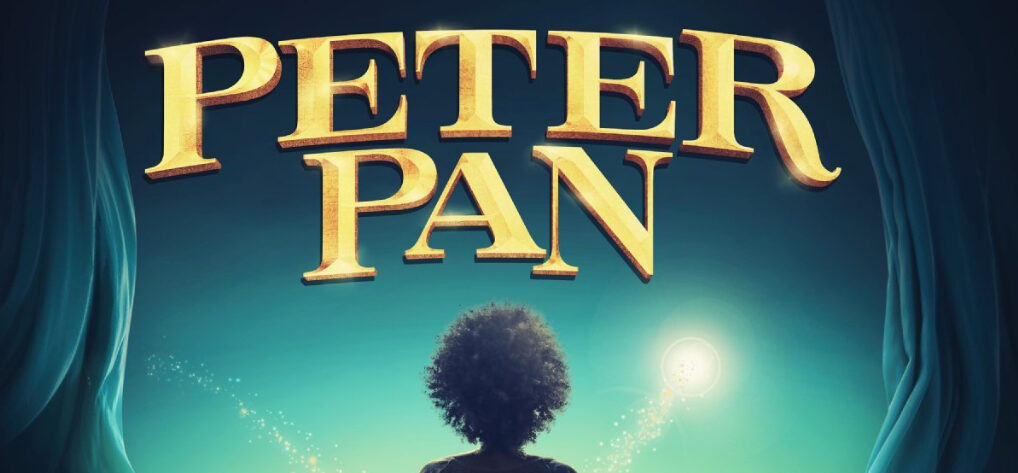
Still full of fairies, pirates and magical adventures, JM Barrie’s Peter Pan once again sees another rendition; this time, as an audio play digitally available on iTunes. It is adapted by Shaun McKenna, with direction from Tobias Deacon and music by Annabelle and Richard Brown. True to the original author’s intentions behind his first creation of the story, the proceeds will be supporting Great Ormond Street Hospital Children’s Charity (GOSH Charity). The Upcoming caught up with Charlie Cameron who will be playing the title role of Peter Pan, discussing her previous experience as Wendy and what else we can expect from this updated retelling of the old classic.
Is there something within Peter Pan that personally connects with you?
Yes, there is. And every time I come back to it, it changes. That is the amazing thing about Peter Pan. There are things that you connect with as a child that go over adults’ heads, and things you connect with as an adult that go over children’s heads. There are elements that I connect with now that I didn’t notice a few years ago – maybe because I didn’t need to, until now. I feel like this will continue throughout my life. JM Barrie kept re-writing it in his lifetime, maybe that is why it continues to connect with such a wide age range.
This version of Peter Pan is said to be an updated and feminist take on the classic. How so?
This version remains very true to Barrie’s. We just slightly adjusted – for instance – the antagonism between Tiger Lily (in our version, Animikiig) and Wendy. There is a really lovely scene – beautifully played by Sera-Lys McArthur, a fabulous First Nations actor playing Animikiig, and Katie Moore, who perfectly portrays Wendy – where they talk about stories. Don’t worry though! Tink is still jealous of Wendy, but that’s just because she’s a cheeky fairy.
There have been plenty of different Peter Pan adaptations, from animation to films to plays; did you look to any of these performances for inspiration?
No. I think we wanted our main inspiration to be the original work.
You’ve played Wendy Darling before, I believe. What is it like playing the other side of that dynamic?
That’s such a good question. I love playing Peter Pan, but maybe I felt a bit more connected to Wendy. I’ve always felt that it is really her story, almost more than Peter’s. I played Wendy when I was about 19 and hoped that I gave her the maturity I felt she deserved. I thought Peter was more childlike, but now that I am playing Peter, I’ve realised he is more complex than that. Wendy wears her heart on her sleeve, whereas Peter puts a firm lid on his issues. I’m not sure I would have grasped all of that if I’d played Peter back when I played Wendy.
Has that experience at all helped this time with understanding the dynamics and interactions with the other characters?
Yes, I think it has. Unlike Wendy, Peter is much less aware of the other characters’ emotions. So, in a weird way, I had to sort of de-empathise with the other characters.
Our really exceptional director Tobias Deacon has helped us all embrace absolute truth, rather than a heightened Panto version. And the relationships between the characters have really stood out for me; like with Mr and Mrs Darling, played so beautifully by Bertie Carvel and Joanna Riding. Even the maid, despite being a comedy character, has lost a child which is something I barely noticed until this production.
When we go back to London at the end of the play, we see two broken parents who have lost their children, and Liza the maid is looking after them. A change in dynamics from the start of the play where the Darlings embrace and care for Liza. There is a scene when Slightly is the only Lost Boy without a mother and Liza finds him. It is played so perfectly by Olivia Colman! My warning is: listen with a tissue in hand.
Does this adaptation hint to that almost romantic relationship between Peter and Wendy, or do the two of them stand through the production as very defined individual characters?
It’s interesting you should ask. In the scene when Wendy is leaving, Katie suggested a way that would help her feel more romantically involved which I wasn’t giving her in the first take. I found it so funny because that’s how I felt when I played Wendy: slightly frustrated that the chemistry was one way. Now I realise that the whole point is that for Wendy, it is a romantic love, but for Peter – though he would be the last to admit it – the love he is craving is a mother’s. It’s why they don’t stay in each other’s worlds. They love each other, but in different ways.
How well do you think Shaun McKenna’s script and the musical score by Annabelle Brown work together to recapture that same magic of the play within the confines of audio storytelling?
Both Shaun and Annabelle specialise in writing for stage and radio, so they are the perfect partnership to create an extravaganza of storytelling. It is bursting with incredible musicians and actors, and the production value would be at home in any major theatre. At the same time, they are the best at making the most of the intimacy and subtleties which can only be achieved when listening to audio.
Part of the magic of the play comes from the audience, and I feel like they have kept that interaction just in a completely different way. The Narrator (Wendy’s granddaughter), played by the incredible Sharon D Clarke, is from our time and is talking to the audience through their devices. There are moments when she encourages listeners to go to their window, or close their eyes, so that feeling of coming together won’t be lost.
Is there a specific line from Peter Pan that sticks out to you – from the original play and this one?
It has always been Peter’s line: “to die will be an awfully big adventure”. But in this production, it’s the Narrator’s line: “His cry might become ‘to live would be an awfully big adventure!’, but he can never quite get the hang of it”.
With Covid-19’s continuing impact on theatre and live stage, what do you miss the most about performing live?
Oh my, I miss so much! But mostly I miss that feeling of being part of a team (which eventually includes the audience). That is why it was so important to us to work with the children from GOSH Young People’s Forum as the Lost Boys. Everyone may be physically separated but there was a definite feeling of team spirit in our recording sessions, even though we were all on Zoom in our separate DIY recording studios – made out of duvets and acoustic foam gaffers taped to the walls of cupboards and wardrobes. They are the most incredible group of children, they treat each other with such sensitivity and kindness. There was so much joy, excitement, and a real feeling of coming together to make a show; and that’s what I love and miss about theatre.
And lastly, considering the ongoing situation of the pandemic, how important is it for you to be involved in a project like this one, designed to help children?
Barrie wrote it to help five children deal with the grief of losing both of their parents. It is an uplifting, soul enhancing piece; more than just escapism. It reminds you to keep playful no matter what you’re going through and no matter what age you are. Which is why it is so touching that he left the royalties to GOSH. The money is essential to fund the research, equipment and vital care of children. But the story itself feels like a gift to say, “even when things are tough, there is still adventure and love; and if you believe in Neverland hard enough, then it will be real”. This year, we all need a bit of that.
Mae Trumata


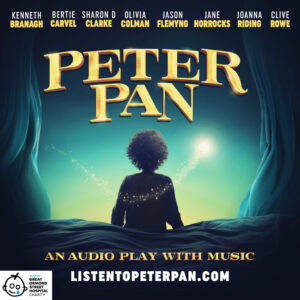
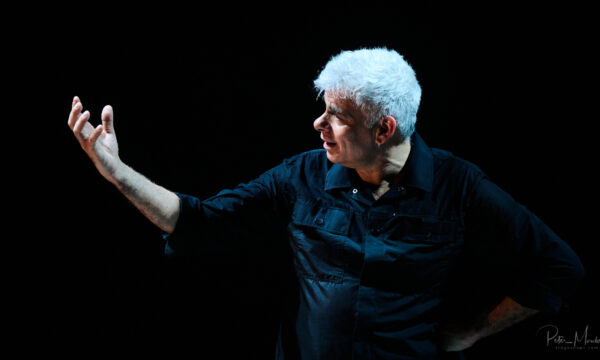
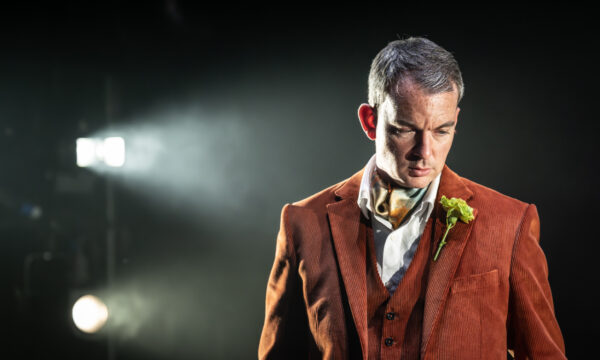
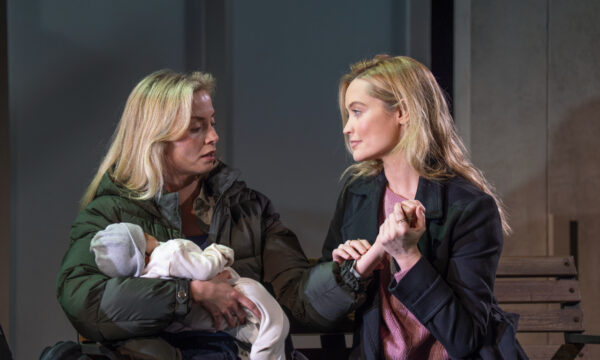
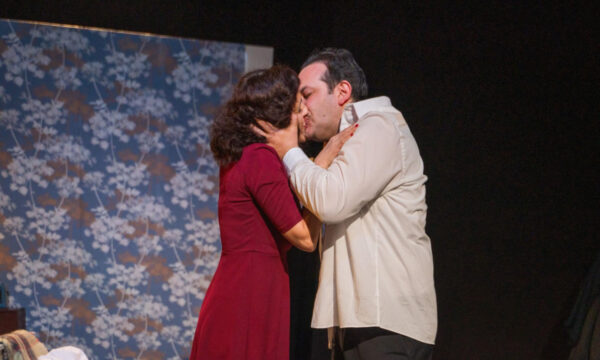
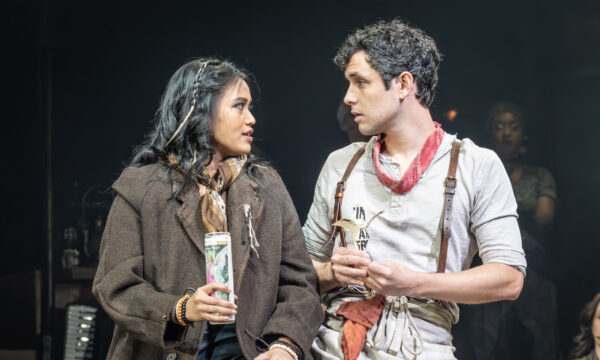
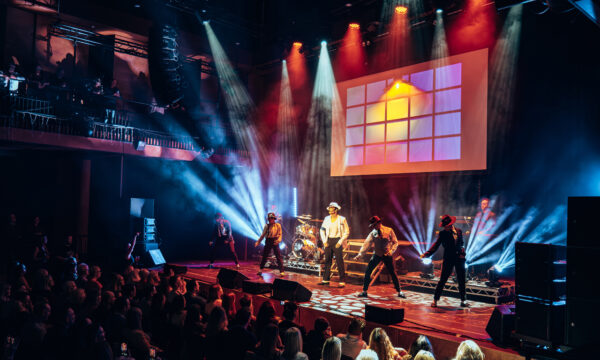
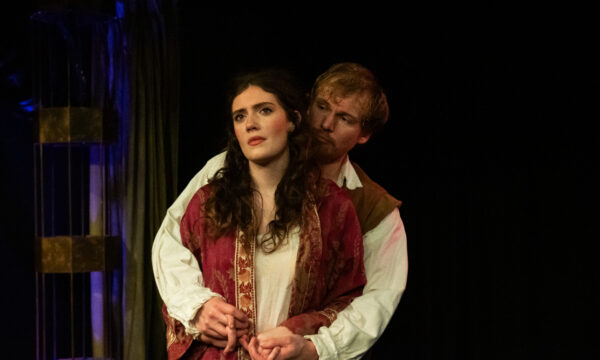
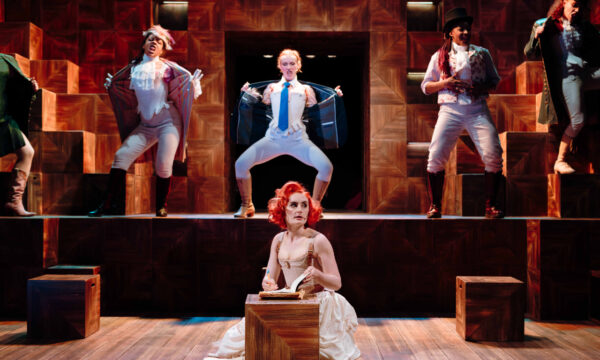
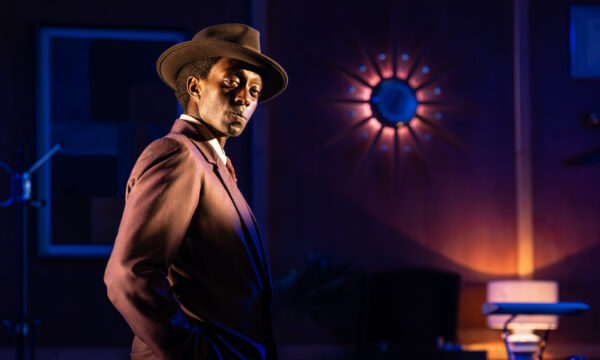










Facebook
Twitter
Instagram
YouTube
RSS